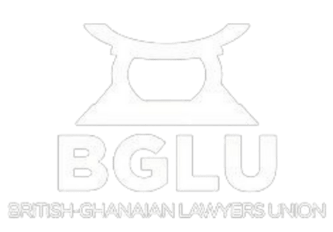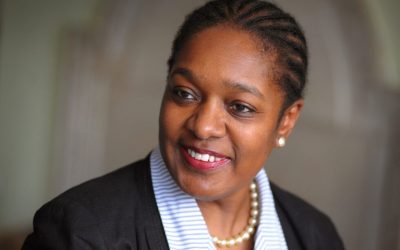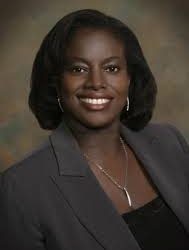Winds of Change
The relationship between employers and employees will be forever changed because of Covid-19 says employment law specialist Kweku Aggrey-Orleans.
Aggrey-Orleans is a partner in one of Ghana’s oldest and most established law firms, Gaisie Zwennes Hughes & Co, in Accra, and a London barrister.
“The challenges presented by Covid-19 are the same across jurisdictions and the same mistakes are being made,” he says.
“What the pandemic has done is change the contract between employers and employees but, in many instances, these changes are not being negotiated or agreed.”
For example, overnight, employees have been moved out of the office to work from home. Many are also working different or flexible hours and communicating in a different way.
And, more seriously, where employers’ businesses are in trouble, they are using redundancy to scale back.
“But the redundancy process is not intended to be used in an expeditious manner.” Rather, it has always been a rather long-winded process intended to be something of a last resort. However, with Covid-19, redundancy has become a quick tool to cut costs.
Aggrey-Orleans says these issues being thrown up by the pandemic will have a lasting change on working relationships. “And, it is far from over as there is still so much that is unknown and unquantifiable.”
“For instance, one of the changes we are going to see is where work is performed. Going forward, will an employer be able insist that an employee comes into the office?”
And, with the spectre of a potentially fatal virus hanging over society, it could be that employers will have to do far more to ensure their employees are kept safe at work.
“Just what the employer/employee relationship will be like is very uncertain. Employers will have to focus far more on the health and safety of their employees and display far more empathy when people say they are not feeling well. Otherwise they risk, for instance, being caught up in causation issues which will have deeper consequences.”
For Aggrey-Orleans, who has watched the pandemic unfold from Accra – his return trip to London having been delayed because of the pandemic – the contrast between how Ghana faced Covid-19 compared to the UK has been striking.
“Ghana has not really had a lockdown, mainly because it is impossible to impose. It has a huge and significant informal market where we are still trying to protect basic employment rights. Our laws are not fleet of foot and there still needs to be a lot of consultation with various bodies to see how the Covid-19 situation is going to be managed in the workplace.”
The risks to the individual are great though, and Aggrey-Orleans argues that developing economies will have to look to the likes of the UK on how they navigate through issues of health and safety and virus-safe working environments.
But, the UK too had its issues. Pre Covid, the market had become so efficient that there was little security for employees with zero-hour contracts, increasingly, the norm.
How the labour market will respond now is not yet clear although, he says, what is increasingly being looked at in the German solution of ‘kurzarbeit’ (short hours) to create a more egalitarian system.
Even so he doesn’t see a full dismantling of the old way of doing things but rather “a return to business with some masks”.
“Capitalism still needs to be fed and there will be people getting rich on vaccines and a drive for increased penetration into closed markets (like parts of Africa).”
On a personal level Aggrey-Orleans is a good example of a lawyer who works seamlessly across jurisdictions. While he is based, for the most part, in London he has always travelled back and forth to Ghana to meet the needs of his private practice clients.
This double life is the legacy of having parents who were Ghanaian diplomats. However, in the 80s, with political instability in the country and his mother receiving a posting to Belgium, he and his brother were sent first to a boarding school in Kent and then to Harrow for high school.
He completed a four-year degree at King’s College London University and La Sorbonne, University of Paris. He is an enthusiastic advocate for investment in Africa and is a member of the British-Ghanaian Lawyers’ Union (BGLU) which promotes a strong working relationship between lawyers in the two countries.
“Modern-day Ghana, while not without its challenges, is a good staging post for an investor looking at expanding into Africa. It is especially well located for investors keen to crack the massive and lucrative Nigerian market.” But, he warns, it is always wise to work with those who understand these markets best.




0 Comments